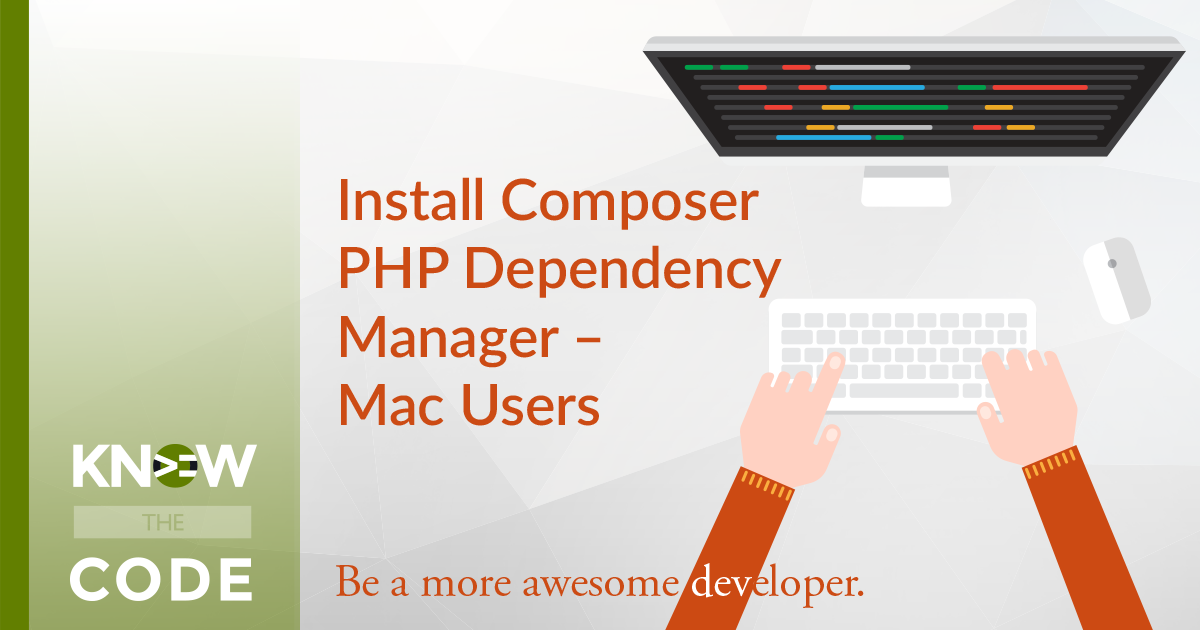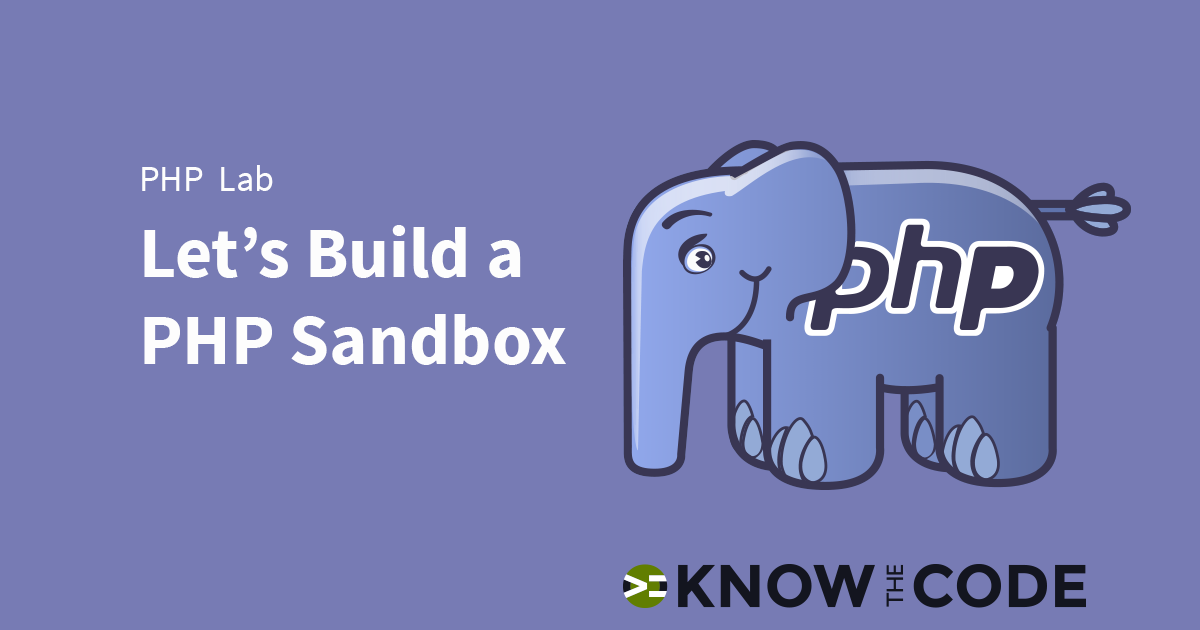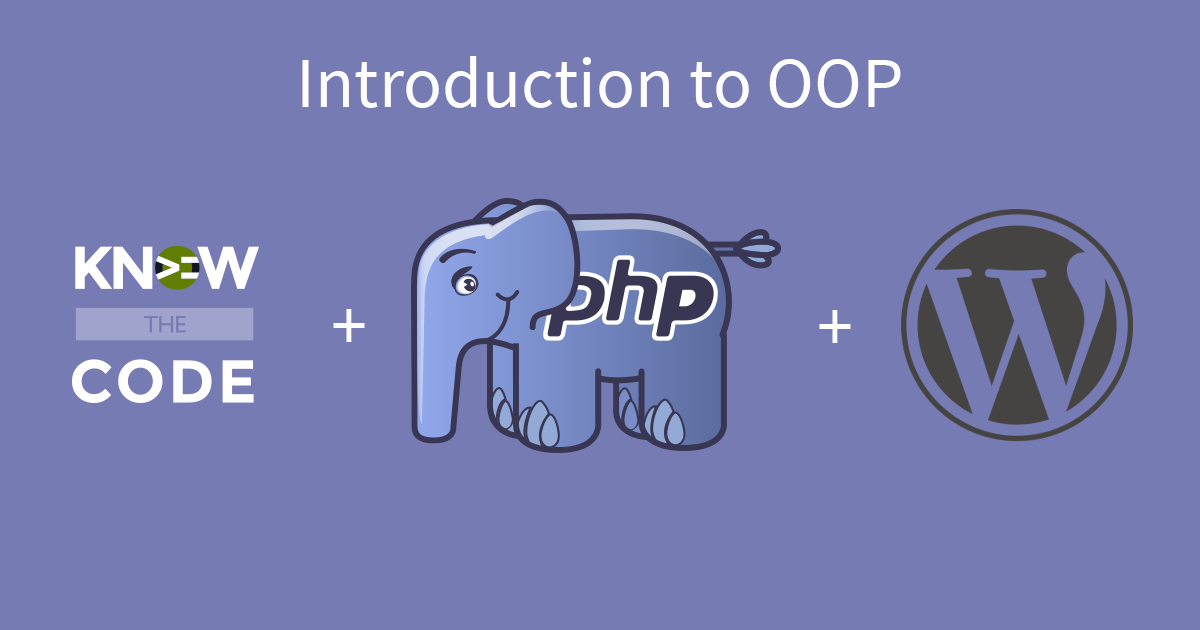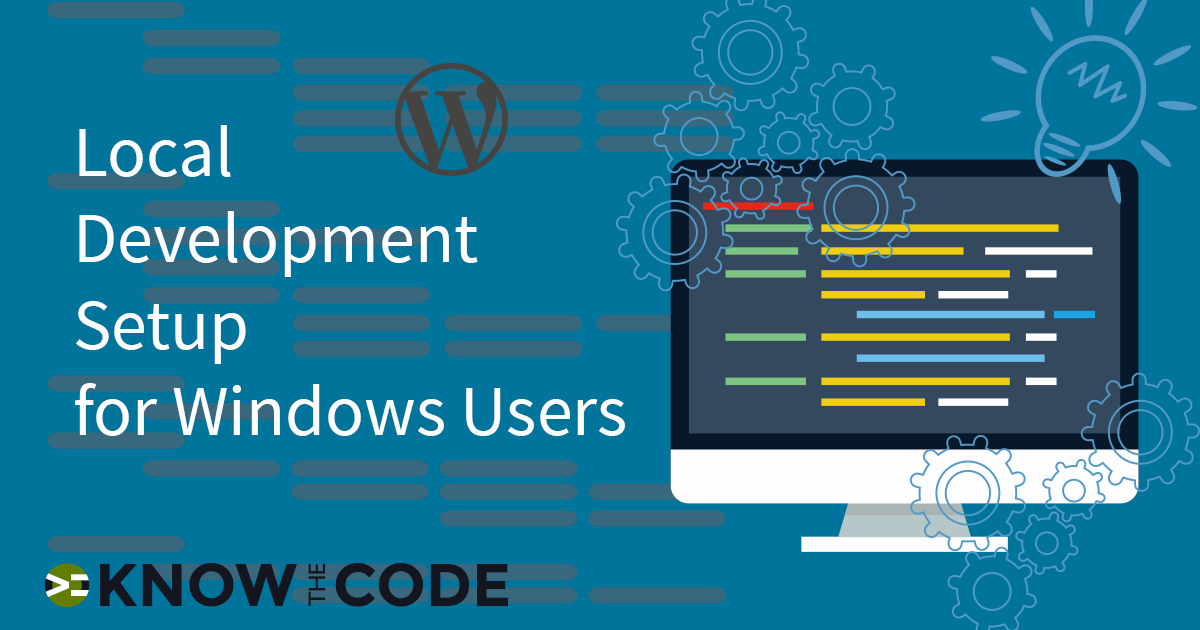In this lab, you will install Composer, the PHP Dependency Manager, onto your Mac. We use Composer in our library videos for the basic plugin which includes Kint and Whoops. In your projects, you will Composer to package up your project as well as load and manage dependencies for you and autoload your files.
